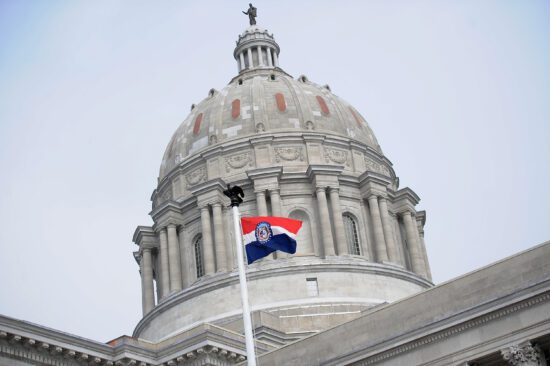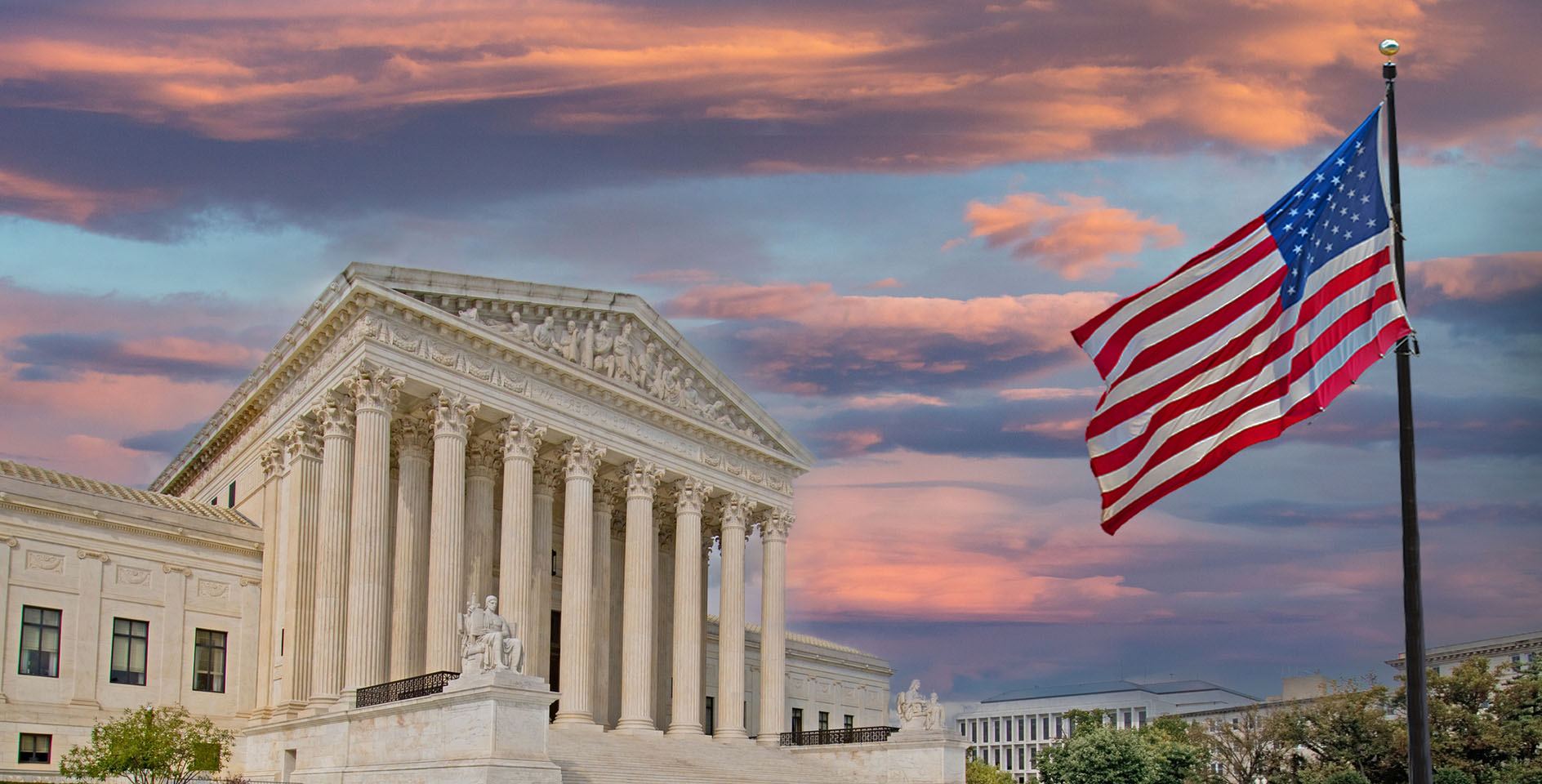You may have read the series of books by C. S. Lewis called The Chronicles of Narnia. In The Magician’s Nephew, two children find themselves in the world of Charn staring at a strange bell with the inscription:
“Make your choice, adventurous Stranger,
Strike the bell and bide the danger,
Or wonder, till it drives you mad,
What would have followed if you had.”1C. S. Lewis, The Magician’s Nephew in “The Chronicles of Narnia” series (New York: Harper Collins, 2001, 35.
In this brief poem, Lewis invites his readers to wrestle with the human response to unknown outcomes. You’ll have to read the book to find out what happens next in Narnia, but in this lesson we want to explore the “unknown outcome” of what happens when you call CPS. We don’t want uncertainty to be the reason we don’t take action to help an abused or neglected child.
BEFORE THE PHONE CALL TO CPS
Let’s review what happens before you make a call to CPS. The simple standard is that you have a “reasonable suspicion” that a child is experiencing abuse or neglect. A phone call to CPS is a way to get an experienced second opinion from someone with the authority to intervene if your suspicion is potentially valid.
DURING THE PHONE CALL TO CPS
When you speak to CPS, let them know you are calling to report your concerns of neglect or abuse. The case worker will begin to ask you a series of questions, from a structured interview form. A link to the North Carolina version of this structured interview can be found here: https:// www2.ncdhhs.gov/info/olm/forms/dss/dss-1402-ia.pdf.
You should ask a social worker from your state to share the version for your area.
The purpose of the structured interview is to ensure the conversation covers key subjects. Your goal is to answer the questions as best you can. Don’t be alarmed if your answer to some of the questions is “I don’t know.” You are simply giving CPS the information you have as a starting place for them to vet the concern.
These forms are divided into categories: physical abuse, sexual abuse, emotional abuse, substance abuse, abandonment, etc. Don’t let it unsettle you that some of the questions explore areas that are not relevant to the situation you are reporting. CPS is just following protocol.
AFTER THE PHONE CALL TO CPS
After a report is received, the CPS worker you spoke with will talk to their supervisor to decide whether the report will be accepted for assessment. This means two case workers have to deem the case worthy of further investigation in order for action to be taken. Even if CPS does not accept your report for investigation, this does not mean it was wrong or unwise for you to make the report.
As the reporter, you should know that your identity is anonymous. CPS will not reveal any identifying information about you in their investigation. However, CPS will tell the family what the allegations are and use exact phrases from their report during their interviews.
CPS will either respond immediately, within 24 hours, or within 72 hours depending on their level of concern. CPS should send you a notice, in the form of letter, of the outcome of their case within 30 days.
We are discussing the ideal or standard protocols for CPS. As an institution run by humans, CPS does not always operate according to its ideals any more than the church always operates according to our ideals. Don’t let frustrations with one case cause you to neglect your responsibilities with a future case.
Be sure to get the CPS worker’s name and the case number so you can verify your report, if needed.
IF THE REPORT IS ACCEPTED FOR INVESTIGATION
When CPS begins their assessment with families, they take one of two approaches:
- An investigative assessment is the response that involves a clear risk of serious harm to the child. Investigative assessments are often done in collaboration with law enforcement.
- The more frequent approach CPS uses is a family assessment approach. This approach is used for lower risk situations that still merit investigation. In this approach, the first contact with the family is typically to call and schedule a time to meet with them.
Step One: Safety Plan
After CPS initiates a case, they typically discuss concerns with the family and put a safety plan in place. This is a signed agreement with the family about how they will ensure the safety of the child. Also at this time, CPS will attempt to connect the family with resources relevant to family’s needs.
This is an area where the church can be an immense asset. Ask to see the safety plan, because children or student ministry leaders may need to be informed of limitations on who can pick up the children. Offer to help with childcare, supervised visitation, or other ways of ensuring family safety.
If a Child Is at Greater Risk
When CPS finds that a child’s safety continues to remain at-risk, they can remove a child from the home. Besides the priority of keeping families together, taking children away from their parents is a complicated, expensive, and time-consuming task that CPS wants to avoid as much as possible. If a child is placed outside of their home, it is only because CPS has found the parents non-compliant with the safety plan and there is no way to guarantee the child’s safety in the home.
CPS tries to keep children as close to their current living situation as possible; close to their current homes, in the same school, and in contact with their family. This is where church members, who are in the same community, can be of great assistance by serving as foster families.
We know this brief lesson cannot answer all the questions you have about CPS. When a child’s safety is at risk, our minds can and should race with questions. If you have more questions, invite a CPS social worker to come to a church staff meeting or volunteer training for a Q&A.
The goal of this lesson is to ensure that uncertainty about a process does not create passivity. It will never be “comfortable” when a call to CPS is needed. But at this point you should know enough to call CPS with confidence, understanding what is happening on the other end of the call.
KEY POINTS OF THIS LESSON
- The criterion for calling CPS is a “reasonable suspicion” of abuse or neglect of a child.
- CPS will take you through a standardized interview process and vet the information received by two case workers (the intake worker and their supervisor) to determine if an investigation is needed.
- There are multiple ways it is possible for your church to serve the child and family during the CPS investigation process and afterward.
Contributors include Brad Hambrick, Rachael Denhollander, Mika Edmondson, Samantha Kilpatrick, Diane Langberg, Chris Moles, Andrea Munford, Karla Siu, Darby Strickland, and Leslie Vernick.
This article is an excerpt taken from Lesson 7 of the Becoming a Church that Cares Well for the Abused curriculum (http://churchcares.com). This free, 12-lesson video curriculum and accompanying handbook is available at churchcares.com and was created to help churches be equipped to respond well in the initial stages of learning about instances of sexual, physical, or emotional abuse.










